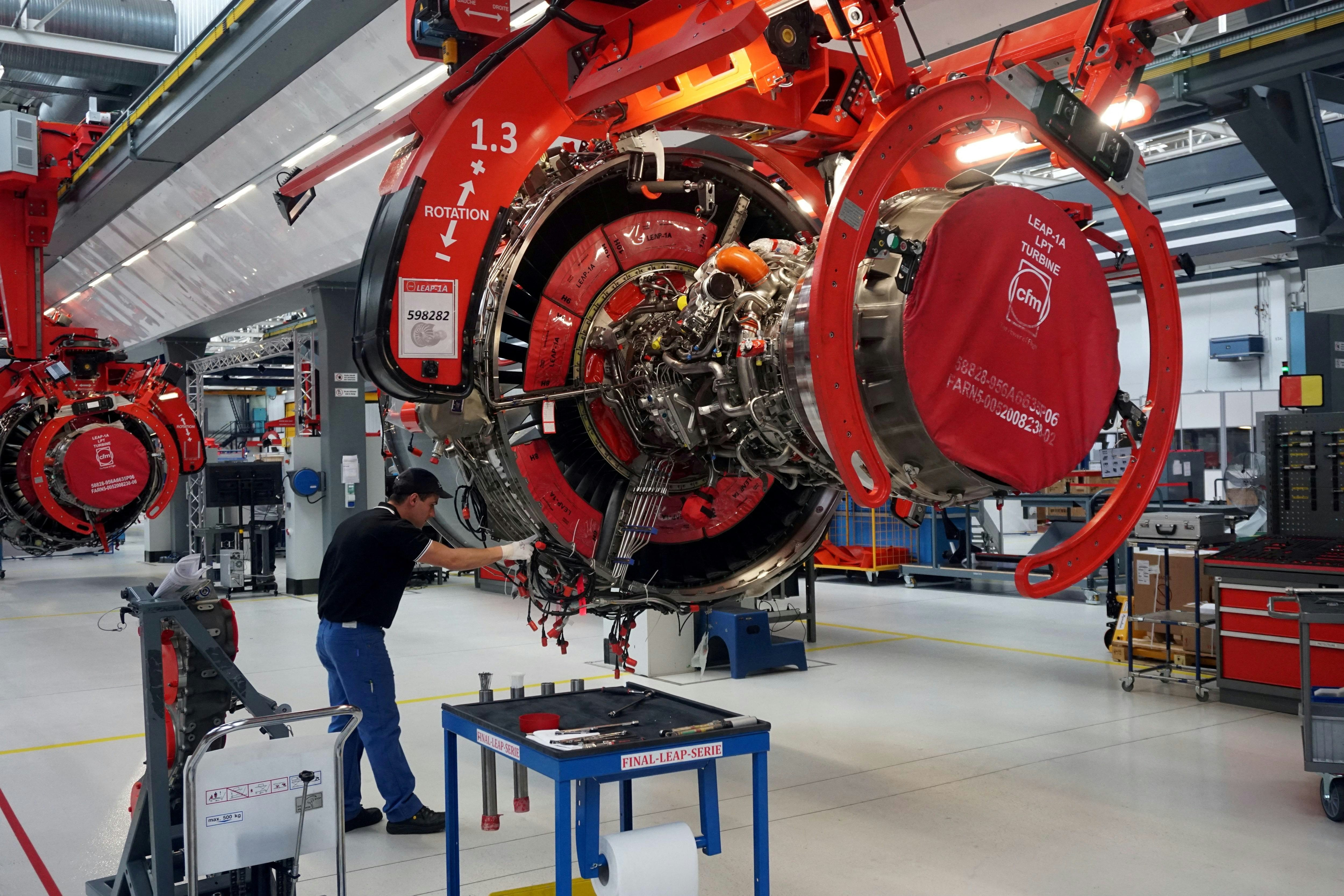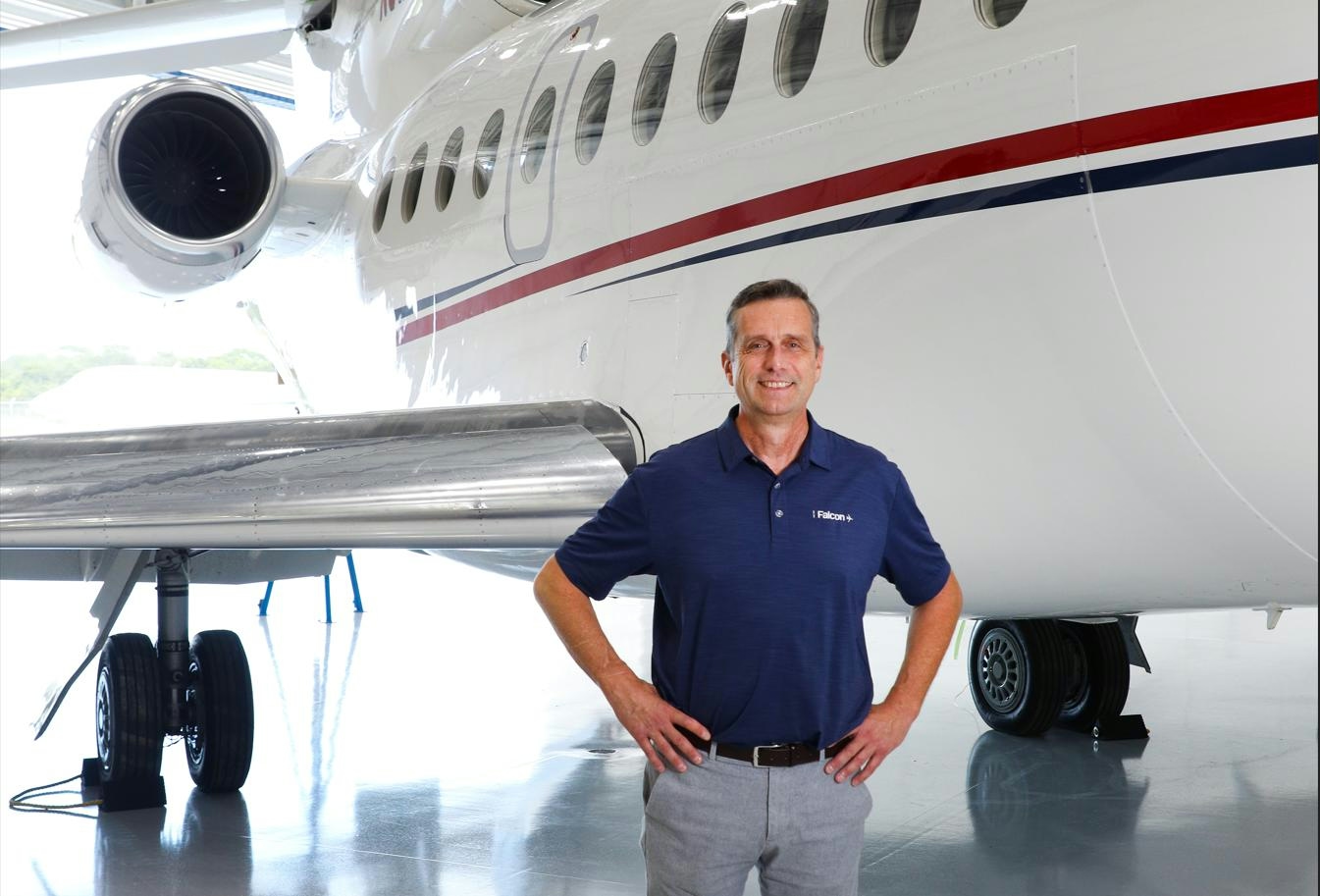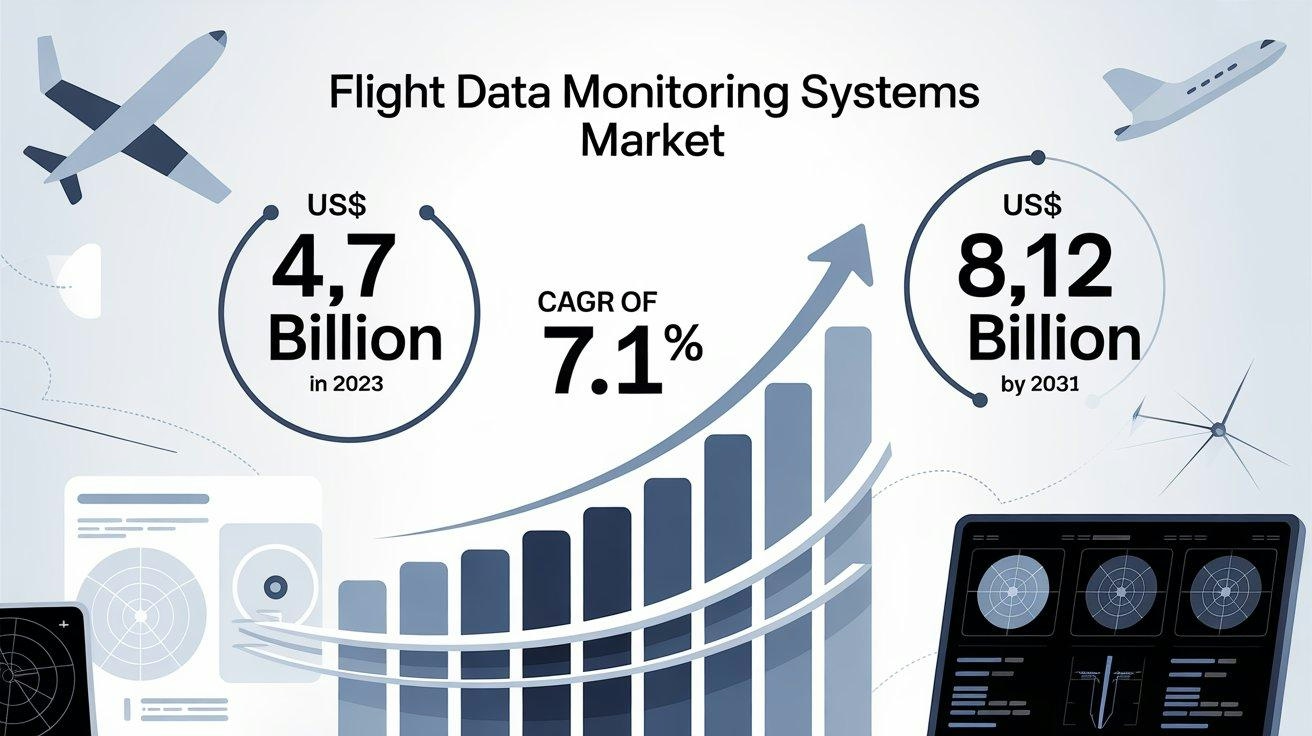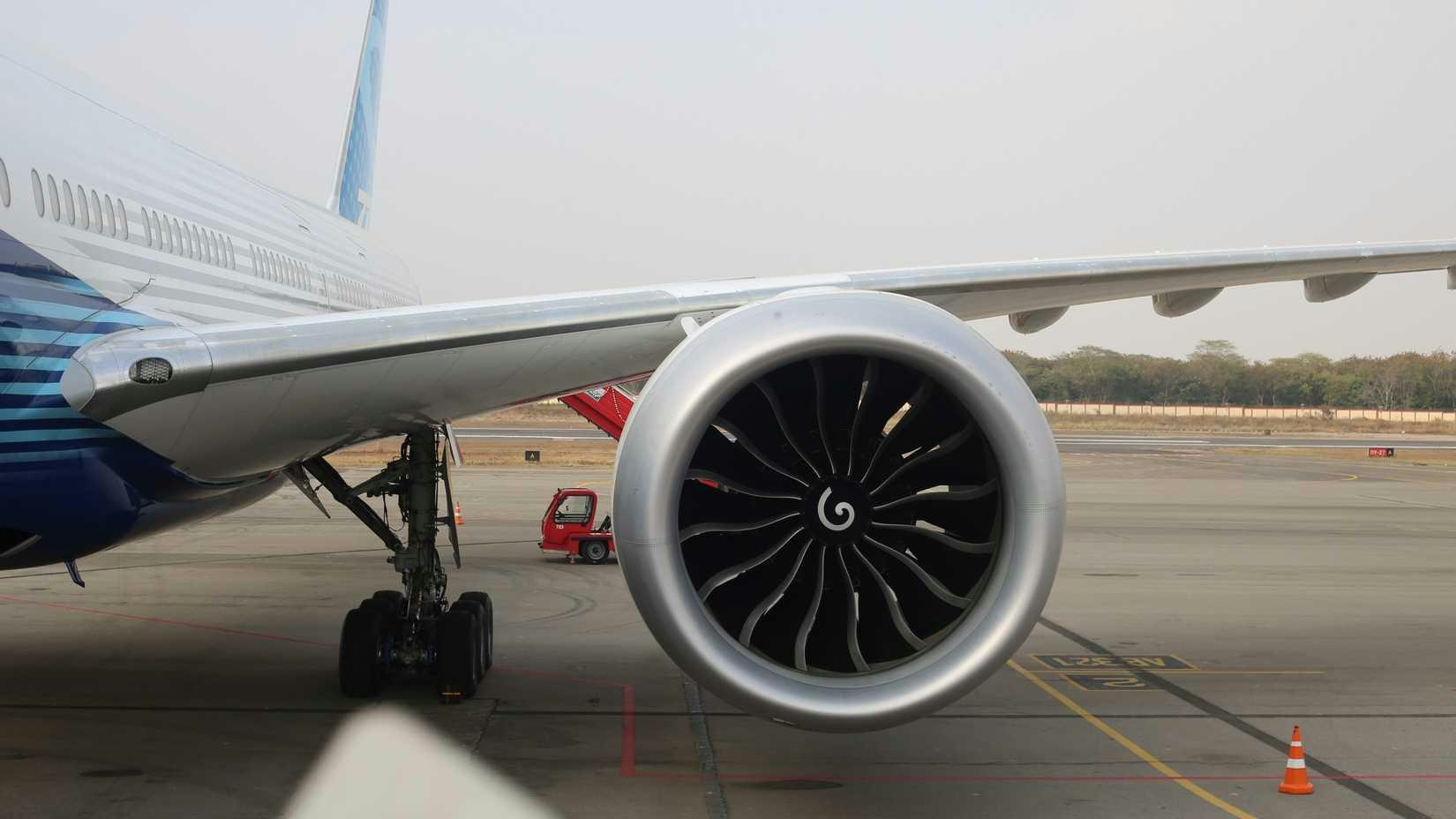
AeroGenie — あなたのインテリジェントな副操縦士。
現在のトレンド
Categories
Safran Aircraft Engines Acquires Three CeraFab Units

Safran Aircraft Engines Expands Advanced Casting Production with Acquisition of CeraFab Units
Safran Aircraft Engines has taken a significant step toward enhancing its manufacturing capabilities by acquiring three CeraFab System S65 ceramic 3D printers from Lithoz. These advanced printers have been installed at Safran’s Gennevilliers facility near Paris, enabling the company to scale up serial production of complex casting parts essential for next-generation aircraft engines. This move underscores Safran’s commitment to meeting the increasingly stringent cooling requirements of future turbine blades, a critical factor in improving engine efficiency.
Partnership and Technological Advancements
The acquisition builds on a longstanding collaboration between Safran and Lithoz, a global leader in ultra-precise ceramic 3D printing. Over recent years, the two companies have worked closely to develop Lithoz’s Lithography-based Ceramic Manufacturing (LCM) technology, resulting in advanced ceramic formulations and a scalable, repeatable process for producing intricate casting cores. The LCM technology facilitates the creation of highly complex cooling channels within turbine blades, a necessary innovation as the aerospace industry pushes for higher pressure turbine inlet temperatures to enhance performance.
Safran’s choice of the CeraFab S65 printers reflects their superior performance, rapid production capabilities, and software designed to comply with rigorous aeronautical traceability standards. Additionally, the ergonomic design of the printers and the technical support provided by Lithoz were pivotal in ensuring the timely and successful implementation of this project.
Industry Context and Market Implications
Safran’s investment occurs amid ongoing challenges in the aerospace sector, particularly persistent supply chain disruptions that continue to affect manufacturers worldwide. Recent developments, such as the tentative labor agreement between GE Aerospace and the United Auto Workers (UAW), highlight the broader context of operational uncertainties. These disruptions pose risks of increased production costs and potential delays, which could influence Safran’s ability to fully leverage its enhanced manufacturing capabilities.
Market responses to Safran’s strategic move are likely to be influenced by competitor activities. GE Aerospace, for instance, remains focused on its partnership with Safran through CFM International, while other major players like Airbus grapple with delivery targets amid supply chain constraints. The aerospace industry’s dependence on long-term infrastructure investments, often extending beyond the development cycles of new aircraft, adds complexity to strategic planning and market positioning.
Despite these challenges, Safran’s integration of Lithoz’s LCM technology marks a significant milestone for both companies and the aerospace sector at large. Johannes Homa, CEO of Lithoz, emphasized the importance of this development, stating, “The installation of these three CeraFab S65 printers is a true milestone for both Lithoz and the aerospace industry. As Safran Aircraft Engines move forward to further develop their serial additive manufacturing process for ceramic casting cores, Lithoz remains strongly committed to providing our constant support in this important project.”
As Safran continues to navigate evolving market dynamics and supply chain uncertainties, the adoption of advanced ceramic 3D printing technology positions the company to meet the technical demands of future aircraft engines while maintaining agility in a rapidly changing industry environment.

ANA Introduces The Room FX Business Class on Boeing 787 Dreamliners

New Three-Cylinder Engine Features Rotating Block and Stationary Head

Credit Card Rewards Compete with Airline and Hotel Loyalty Programs

ExecuJet MRO Installs Starlink on Falcon 8X

New Airlines Confront Supply Chain and Staffing Challenges

Global Airline Route Planning Software Market Forecasts Through 2035

Archer Aviation Shares Rise Premarket Following Nvidia IGX Thor AI Partnership

Flight Data Monitoring Systems Market Poised for Robust Growth Amid Rising Focus on Aviation Safety and Digital Transformation

Aircraft Avionics MRO Market Forecast and Analysis, 2024–2035
